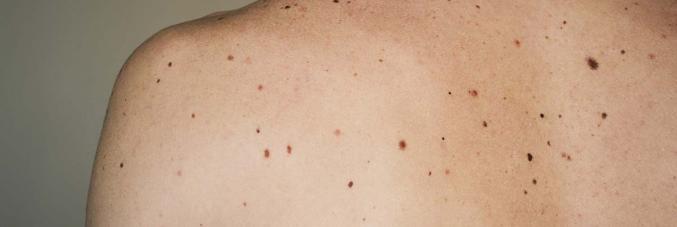
Skin Cancer: how UBIAD1 and Coenzyme Q10 protect melanoma
11.03.2022
A research team coordinated by Massimo Santoro, professor in the Biology Department of the University of Padua and Principal Investigator at the Veneto Institute of Molecular Medicine (VIMM), discovers a mechanism for the proliferation and survival of melanoma cells due to an upregulation of UBIAD1, that produces Coenzyme Q10 (CoQ10).
Published in the scientific journal Redox Biology, the study entitled UBIAD1 and CoQ10 protect melanoma cells from lipid peroxidation-mediated cell death counteracts the role of Coenzyme Q10, an antioxidant that until now was known for its positive effects against cell aging.
Prof Santoro explains, "Melanoma cells exploit specific antioxidant mechanisms to limit the excessive rise in oxidative stress levels, thus ensuring survival. Our study found that UBIAD1 and CoQ10 are antioxidant systems that support the survival and proliferation of melanoma cells. Therefore, they constitute a kind of nourishment for the cancer cell. Furthermore, increased UBIAD1 expression is associated with poor overall survival of melanoma patients.”
Although accounting for only 5% of all skin cancers, cutaneous melanoma represents the deadliest form of skin cancer. Incident rates are higher in Northern Europeans, as those a pale complexion have less pigment to protect them from sunlight.
Prof Santoro concludes, “By showing that the CoQ10-producing enzyme UBIAD1 counteracts oxidative stress and lipid peroxidation events in cutaneous melanoma, our work may open new therapeutic investigations based on UBIAD1 and CoQ10 loss for the treatment of patients with melanoma.”



